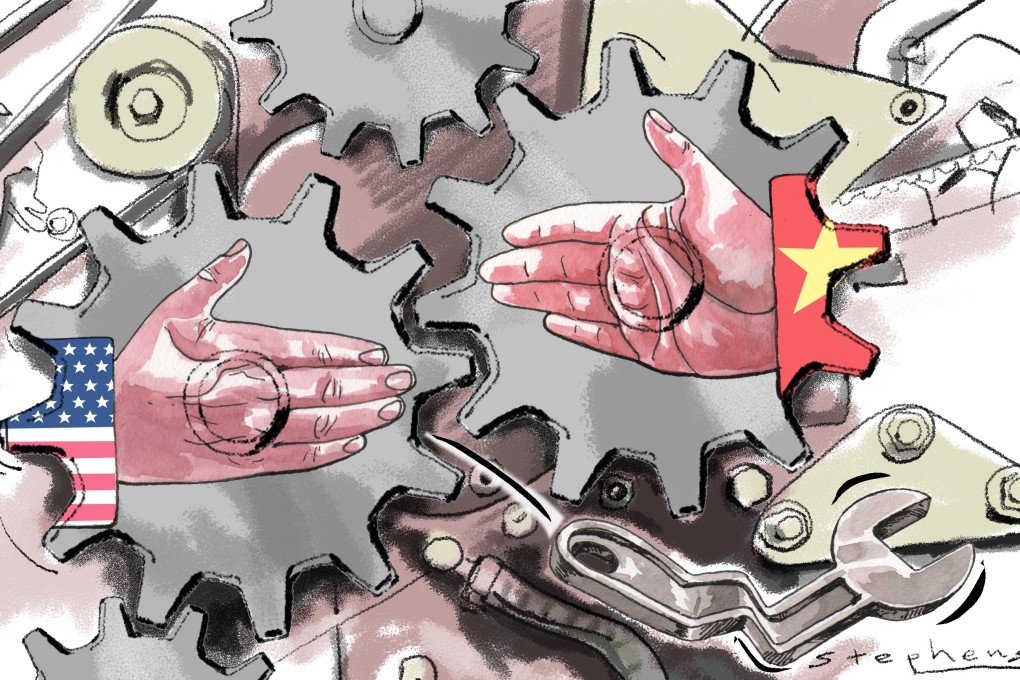Opinion | US-China business cooperation is prevailing, despite tensions elsewhere
- Between China agreeing for its US-listed firms to be audited and the US extending exemptions on trade tariffs, it’s clear both countries can be pragmatic when needed
- With the Xi-Biden meeting in November to be followed by a trip to China by top US official Antony Blinken, there is yet more room for engagement

You’d be hard pressed to find evidence of US and China cooperation these days, considering the intense economic competition and even military rivalry growing between the two. And yet, there are signs that rationality is returning.
Recent events in finance and trade highlight an approach based on mutual interests that endures despite obvious disagreements in other parts of the bilateral relationship. They point towards potentially more cooperation in the future.
Inspections with two auditing firms (one in Hong Kong and one on the mainland), allowed the board to evaluate documents and interview corporate personnel. All US-listed companies are subject to this kind of potential review. State-owned enterprises, which were part of the disagreement between Beijing and Washington, were included in this round of audits.
The PCAOB has the authority to investigate US-listed public companies and broker-dealers registered with the US Securities and Exchange Commission. Their mandate is to protect investors and issue reports of their findings to the public.
